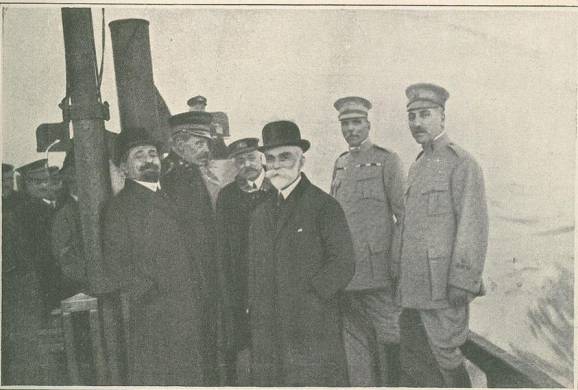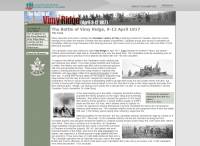The First World War involved all the European countries, with the exception of Spain, the Netherlands, the Scandinavian Countries and Switzerland. Portugal mobilized more than one hundred thousand men, approximately eight thousand of which lost their lives in the trenches of Flanders and on the battlefields of Africa.
The political effects of this turning point determined not only the end of monarchical absolutism, but also the disappearance of the Austro-Hungarian and Ottoman empires, and of three reigning dynasties, which had entered the war – the German, Austrian and Russian.
On August 4, 1914, the news of the United Kingdom’s declaration of War against Germany arrived in Portugal shrouded in sadness and dismay. On that same day, in a telegram to the British ambassador in Lisbon, the English Secretary of State for Foreign Affairs, Eyre Crowe, advised our country to refrain from proclaiming neutrality, ensuring that in the event of an attack by Germany against any Portuguese possession, His Majesty’s Government would act in accordance with the stipulations of the Anglo-Portuguese Alliance 1.
The official speech actually assumed that the aftershock felt throughout Europe since the assassination in Sarajevo would have an impact in Portugal due to a set of essential principles that resulted from the international inter-relation (or dependency) of the Portuguese economic and financial sectors. For this reason, in order to understand and evaluate the statement made by Bernardino Machado before Congress, on August 7, 1914, it is necessary to consider the contradictory circumstances that surrounded the Portuguese standpoint, in particular Portugal’s unwillingness to contradict the instructions from the Foreign Office and declare itself belligerent or neutral in relation to the War in Europe.
In September 1914, the first Portuguese troops departed for Africa without any prior declaration of war by the German government.
The Portuguese political spectrum had been divided over a possible military intervention of Portugal in the European war theater since august 1914 that. The Democratic Party, led by Afonso Costa, regarded the intervention in the War, alongside Great Britain, as an opportunity not only to consolidate the young republican regime in the international sphere, but also to safeguard the integrity of the Portuguese territories in Africa.
This was the only argument that has brought together pro-war and anti-war advocates.
Portugal also had a dire need to steer away from formally neutral – though in many respects favoring Germany, and the Central Powers – royalist Spain, according to the Democrats.
In February 1916, Portugal confiscated German vessels found in Portuguese waters.
The German declaration of War arrived a few days later.
Shortly after the British declaration of war against Germany, approximately 734 German vessels sought refuge in neutral waters; of these, approximately seventy (approximately 242 000 tons) were in Portuguese ports. In this context, we must also consider our external dependence in relation to maritime transport: by late December 1915, the national merchant fleet was composed of 471 boats, making a total of 91 859 gross tons, and the productive capacity of the Portuguese shipyards (Viana do Castelo) did not exceed 4 600 tons a year. On February 23, 1916, a team of the Portuguese Navy climbed on board of the German and Austrian vessels that were on the Tagus estuary and, with military honors, lifted the Portuguese flag. Almost at the same time, the Prime Minister, Afonso Costa, relying on Article 10 of the Law of Subsistence, enacted a decree regulating the requisition of maritime means of transport.
On March 9, 1916, Germany declared war on Portugal. A few days later, the two main political parties of the Republic - Democrats and Unionists - joined in order to propose to Parliament a Government of "Sacred Union".
The first contingent of the Portuguese Expeditionary Force (CEP) left for the battle front in France on January 26, 1917.
1 Portugal in the First World War (1914-1918), - Diplomatic Negotiations until the Declaration of War, Tomo I, Lisbon, Ministry of Foreign Affairs, 1997, 1906.







Comments